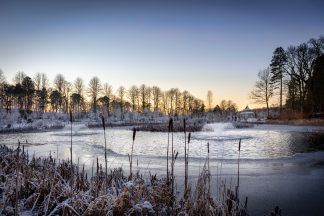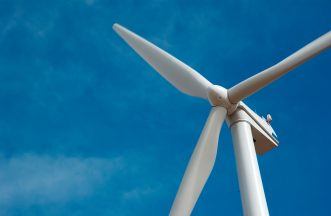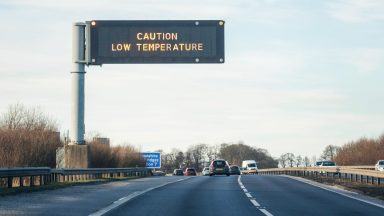Scotland has become a bit of a magnet for big global events, such as the G8 summit in Auchterarder in 2005, the Commonwealth Games in 2014, the COP climate summit in 2021 – and we were so close to hosting Eurovision in 2023.
Of course, the biggest of those was COP26, when leaders arrived from all over the world to discuss how best to solve the major issue of our time – climate change.
I say solve, but it’s more like finding ways to slow the inevitable and prevent the ‘worst-case’ scenario.
I want you to think about climate change a bit like the early days of Covid. Lots of leaders with their own ideas of the best ways to tackle it, their own agendas, their own scientific forecasts, but eventually there was a realisation that this was a global issue and needed some sort of coordination from the World Health Organisation.
I don’t think we ever got to a stage where there was a joined-up approach for Covid, just lots of politics, and that’s the way I see COP. However, COP is our best chance of getting consensus and solutions, but even when it’s blatantly obvious what’s happening, actions can still be slow.
Since COP26 came to Glasgow last year, the world has seen more massive weather events, from devastating floods in Pakistan which affected more than 30 million people, nearly half the UK’s population. China experienced its worst heatwave on record, there was record heat in Japan, and Australia hit 50C along with record rainfall.
Of course, we’ve also had our own extremes, with Scotland experiencing its hottest weather on record when the mercury hit the mid-30s in July and the UK reaching the 40C mark for the first time.
Given how quickly things have been warming in recent years, I predicted last year that Scotland would more than likely have a new record within several years, but in fact it only took eight months.
For Scotland Tonight, I spoke with Jonathan Oh, a meteorologist based in Japan, and Tony Auden, a meteorologist for 7NEWS in Australia, and what’s clear is that we’ve all seen extremes happening more often than ever and experienced an extraordinary 2022.
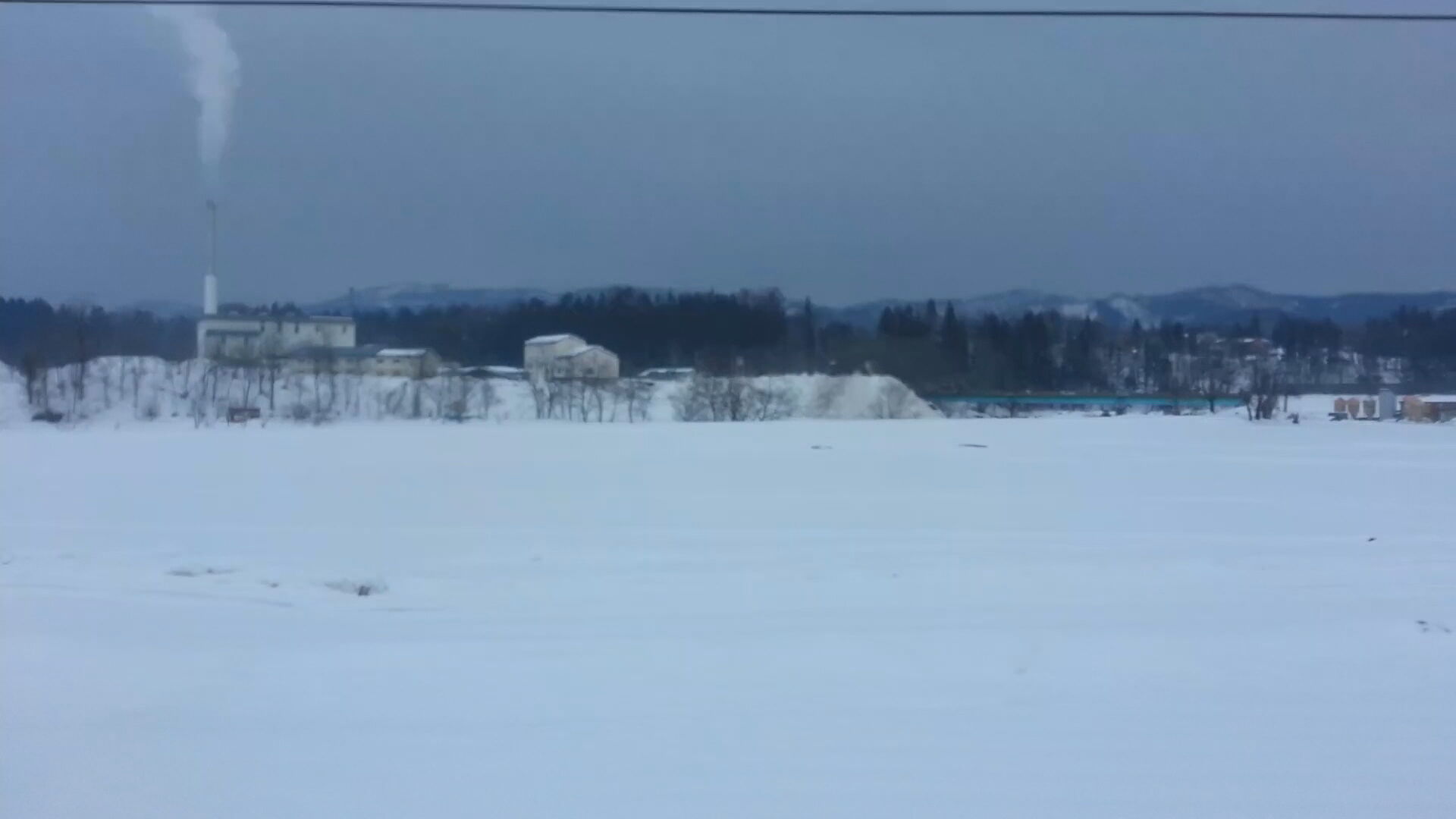 STV News
STV NewsWhat I find particularly interesting is the extremes Jonathan has experienced in Japan this year, from record snowfall in February to record heat in July.
While most of us associate heatwaves, droughts, storms and floods with climate change, many of us don’t consider snowfall, but these are all fingerprints of a changing climate.
Even here, we went from record snowfall across Glasgow, Lanarkshire and Dunbartonshire in 2018 during ‘the Beast from the East’, to record heat in Glasgow in June the same year. Our extremes continue to get even more extreme with volatile changes in weather, which are very difficult to prepare for.
Also, what’s of interest is that Tony and Jonathan have noticed in recent years the increasing intensity of typhoons and cyclones, but not necessarily their frequency.
This is in line with what we expect from our Atlantic hurricanes in a warming climate. We may not see an actual increase in storm numbers, but the ones we do get could be bigger, more violent, and therefore more deadly.
This is, of course, bad news for coastal communities, and for somewhere like Japan, where about 80% of the population is considered coastal.
And coming back home, while we’ve not seen any major extremes this autumn, we have experienced our wettest October on record in Renfrewshire and South Uist, and had some of our mildest November nights on record, which has become a bit of a recurring theme in our autumn and winters in Scotland.
I think it’s fair to say that climate change has moved down the agenda for most people in the last few months, with the cost of living and the war in Ukraine coming to the fore.
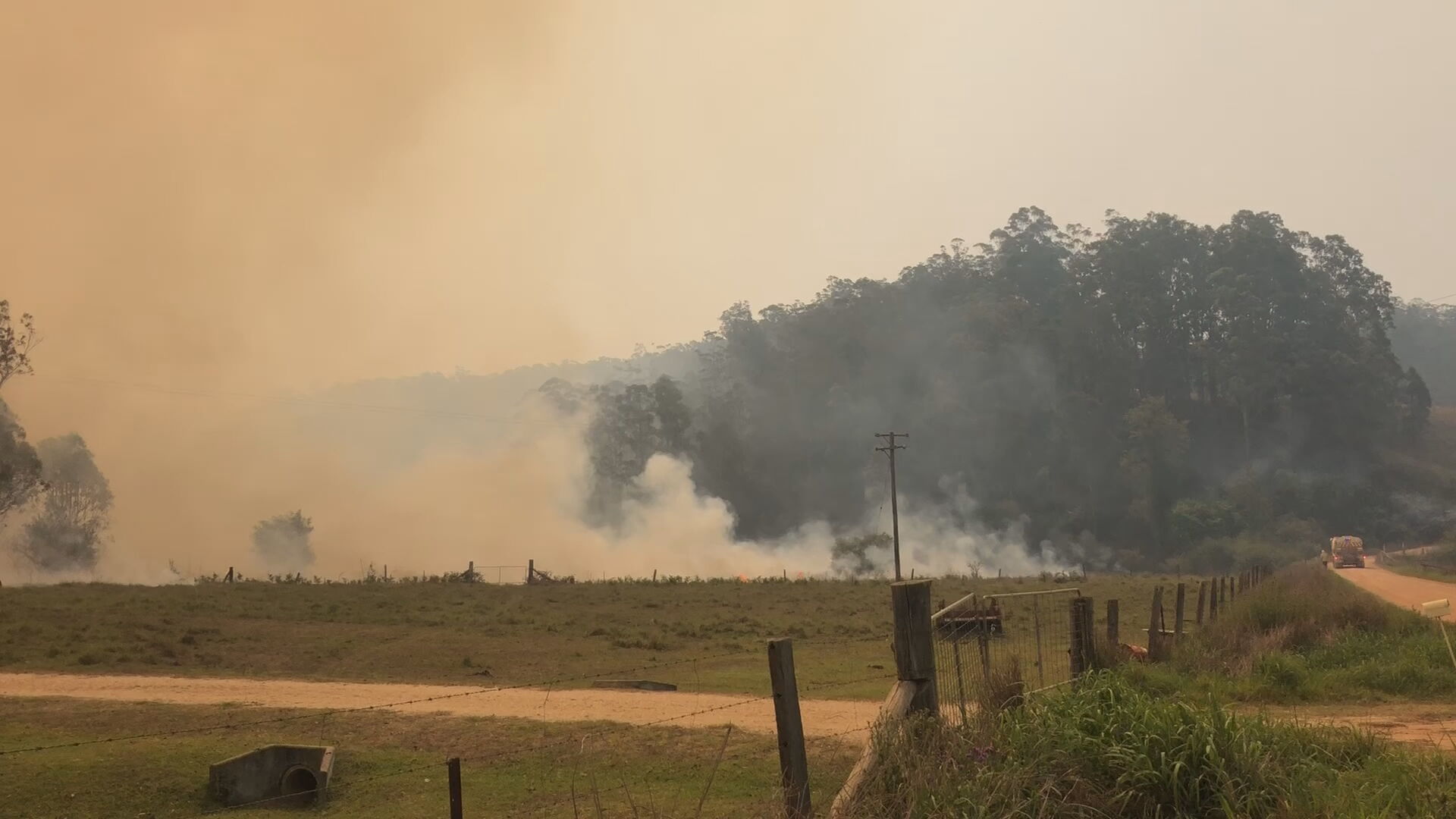 STV News
STV NewsThe thing is, while economies go through good and bad times, and wars come and go, the one constant which will be around for our whole life is climate change.
That’s why, even though our day-to-day lives have become harder, looking after our environment is still imperative to prevent even worse disasters, financial woes, and wars in the future.
This is something we all need to work through together.
Scotland Tonight is on STV and the STV Player at 8.30pm on Thursday, November 17.
Follow STV News on WhatsApp
Scan the QR code on your mobile device for all the latest news from around the country


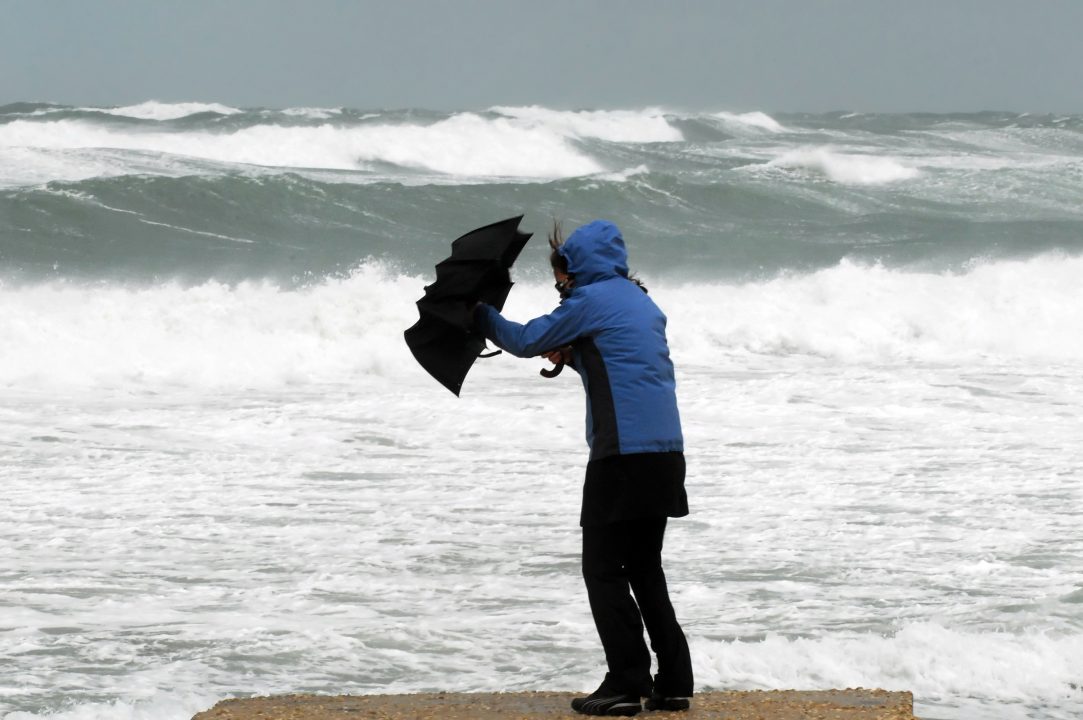 iStock
iStock





